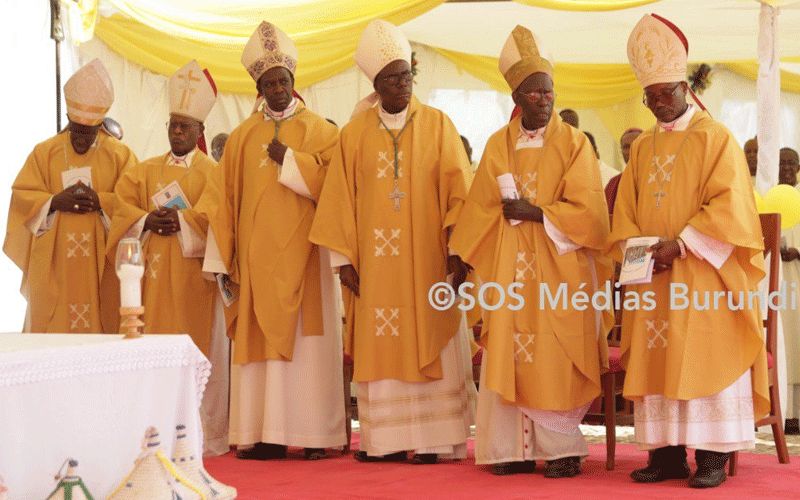Bujumbura, 09 June, 2020 / 1:04 am (ACI Africa).
Members of the Conference of Catholic Bishops of Burundi (CECAB) have, in a collective statement, contested the attempt to relate them with political parties amid controversies around the recent general election and clarify that their forum did not file a case in the country's Constitutional Court.
“We refuse to be confused with any competing political party or individual,” the members of CECAB have said in their collective statement, explaining, “There was no reason for us to complain because, in the election in question, the role of the observer was to note and record only irregularities and facts observed with his or her own eyes, as stipulated in the Code of Conduct for Observers.”
In their collective statement dated May 26, the Catholic Bishops in Burundi denounced the May 20 general elections alleging “many irregularities”, which they said ranged from events before, during and after the actual casting of ballots, acts that put to question the outcome of the poll that was announced Monday, May 25.
The Electoral Commission of Burundi declared Evariste Ndayishimiye, a candidate of the ruling National Council for the Defense of Democracy–Forces for the Defense of Democracy (CNDD-FDD), the winner of the presidential election, having received 68.72 percent of the votes, more than double the opposition’s leader, Agathon Rwasa, who garnered 24.19 percent.
Mr. Rwasa described the process “an electoral masquerade” and filed a case against the results at the Constitutional Court.








